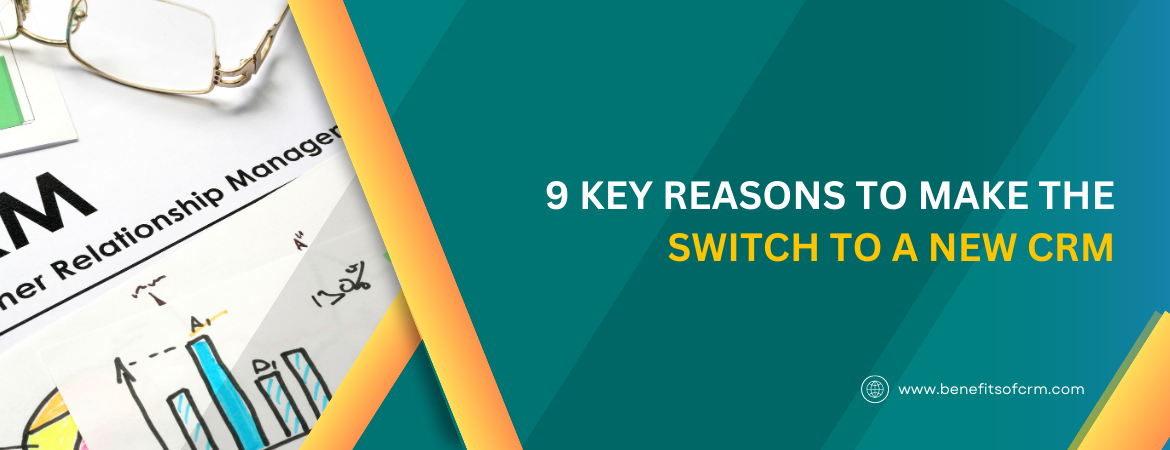In today’s fast-paced business world, the tools we use play a critical role in our success.
One of the pivotal tools for many businesses is their Customer Relationship Management (CRM) system. But what happens when that trusty CRM no longer meets your needs?
Here’s an exploration of why companies decide to switch things up.
Table of Contents
1. Outgrown Current Capabilities:
You know that feeling when you outgrow a favorite shirt? It’s a bit like that with CRMs.
Initially, a simple CRM might have met the needs of a budding enterprise. But with growth comes complexity. You might find your team needing more advanced features, like automation or third-party integrations, which your current CRM just can’t handle.
2. User Unfriendliness:
Ever used a tool or app that felt like it was fighting you every step of the way?
A CRM should be intuitive. If employees find it cumbersome or tricky, it’s a sign it might be time to reconsider. After all, you don’t want your team spending more time grappling with software than connecting with clients.
3. High Costs:
The bottom line is essential for every business.
If you’re paying premium prices for your CRM but not seeing a proportional value in return, it’s worth re-evaluating. Sometimes, the costs of add-ons, extra licenses, or hidden fees can make a previously affordable CRM seem less attractive.
4. Poor Integration Capabilities:
Imagine trying to complete a puzzle, but some of the pieces come from a different set.
That’s how it feels when your CRM doesn’t play nicely with your other business tools. In an era where integration is king, a CRM that stands alone can be more of a hindrance than a help.
5. Inadequate Customer Support:
Being stuck in a digital maze without a guide is no one’s idea of fun.
If your CRM provider is more of a ghost when you need assistance, it’s a glaring red flag. A responsive and knowledgeable support team can be the difference between smooth operations and endless frustration.
6. Need for Better Mobile Functionality:
With so many of us working on the move, a CRM that’s tied to the desktop just won’t cut it.
Whether it’s updating client details post-meeting or accessing key data while on a business trip, a mobile-friendly CRM is a modern-day necessity.
7. Data Management Issues:
Juggling data can be tricky.
If your CRM struggles with importing new data or there are too many inconsistencies in the records, it’s an issue. Reliable data management should be at the heart of any good CRM.
8. Changing Business Strategy:
It’s natural for businesses to evolve.
Maybe you’re targeting a new market segment or pivoting your product range. When your strategy changes, your CRM should align with your new goals, ensuring you’re always on track.
9. Feedback from the Sales and Marketing Team:
Lastly, never underestimate the feedback from those on the frontline.
Your sales and marketing teams interact with the CRM daily. If they report recurring issues or suggest alternatives, it’s worth lending an ear.
Final Note:
In conclusion, switching your CRM is not a decision to be taken lightly. It requires time, investment, and a fair amount of research.
But with the right choice, the dividends it pays in improved efficiency, cost savings, and overall business growth can be substantial.
